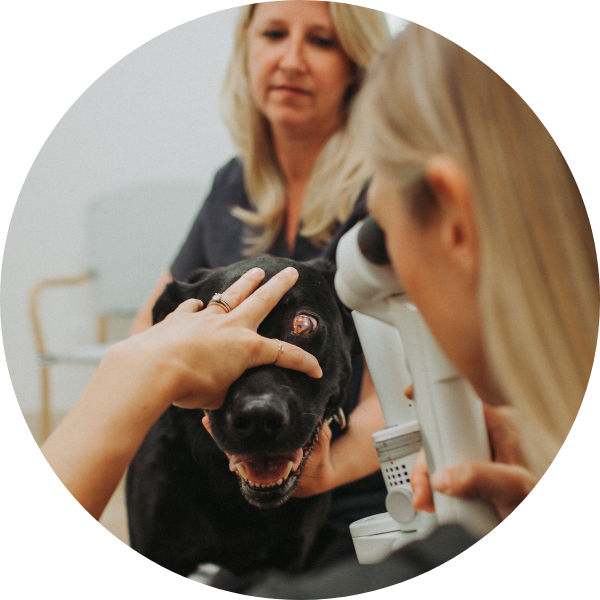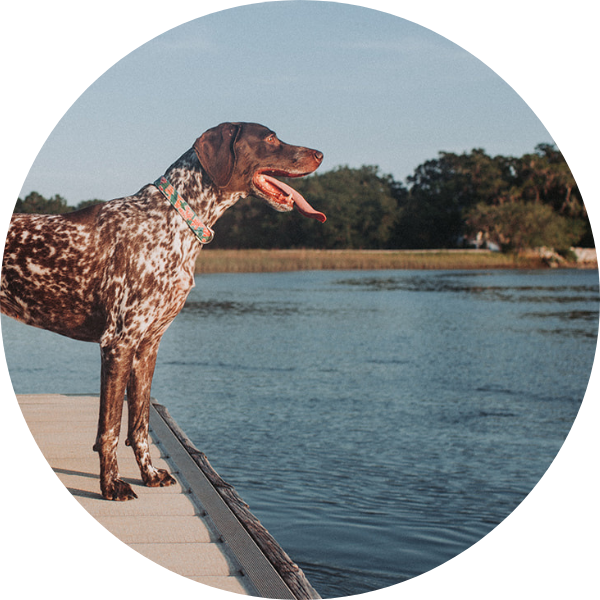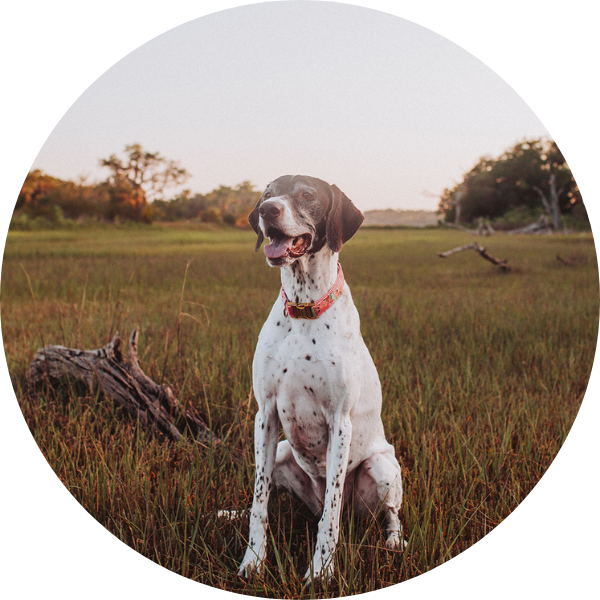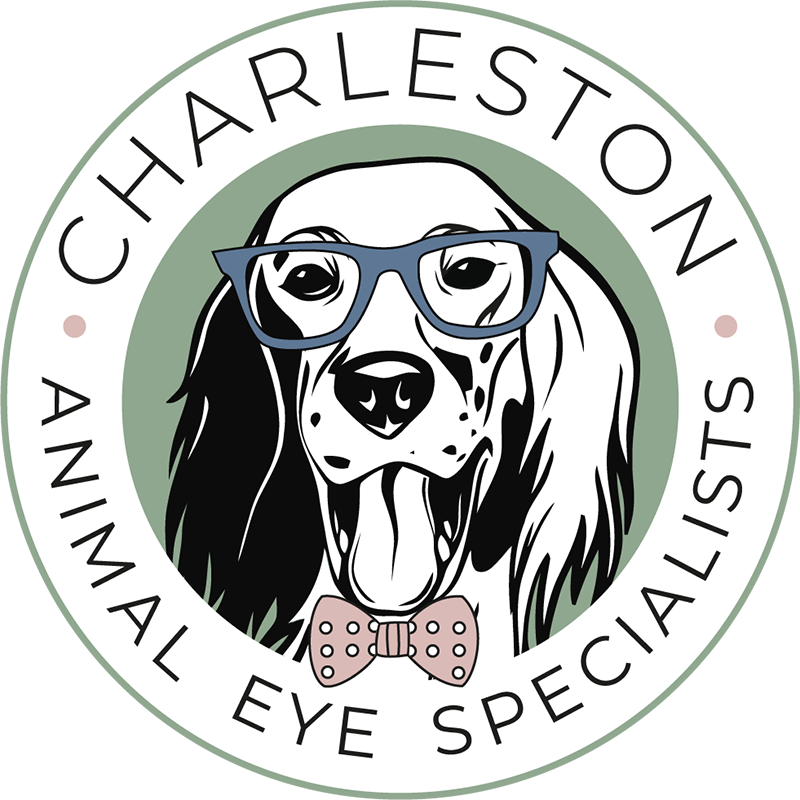PET EYE SPECIALISTS IN CHARLESTON, SC
Charleston, SCVeterinary Services
If you are searching for a veterinary ophthalmology team in a friendly, low-stress environment with more quality time spent with your pet’s doctor, Charleston Animal Eye Specialty is the perfect fit.
Veterinary ServicesCharleston Animal Eye Specialists

Comprehensive Ocular Exams
When you bring your pet in for an exam, it is important that they have comprehensive examinations of the eyes. This will allow us to visualize any problems and provide a treatment plan accordingly!

OFA Eye Certification
OFA CAER exams are ophthalmic examinations performed by American College of Veterinary Ophthalmologist (ACVO) Diplomates, to assess dogs for the presence or absence of observable hereditary eye disease. Eye certifications are an important part of the routine health screenings practiced by responsible dog breeders to produce healthy puppies.

Pet Electroretinography
Electroretinography is a technique that measures the electrical activity of your pet’s retina. This may be recommended if your pet is having issues with their vision.

Medical therapy
Ocular disease is common and may be due to injuries, systemic health, breed, or genetics. Therefore, we offer medical therapy for common ocular conditions such as dry eye, corneal ulcers, pannus, conjunctivitis, uveitis, etc.

Gonioscopy
Gonioscopy is a technique to view the drainage angle of the eye-this may be recommended to assess your pet’s risk of developing glaucoma which is a painful and blinding condition.

Laser eyelid mass removal
Eyelid mass can occur in any breed at any age but tend to occur in older pets. Although these are typically benign, often removal of these masses is recommended to prevent irritation to the eye. CAES has advanced laser therapy which can often be performed for removal of these masses often without the use of general anesthesia.

Corrective eyelid surgery
Both cats and dogs can experience abnormalities in their eyelid confirmation which can be painful or even vision-threatening. Dogs can also have abnormal eyelashes which irritate or even ulcerate the eye. At CAES corrective surgery can be performed to both correct the position of eyelids as well as remove any abnormal eyelashes.

Corneal surgery
Although most pets with corneal ulcers heal with medications alone, some corneal ulcers become infected and this can result in the ulcer becoming deep. Deep corneal ulcers are weak spots within the cornea and can lead to perforation or rupture of the eye which is very painful and often results in the loss of vision. At CAES corneal surgery can often be performed to graft tissue into deep or perforated corneal ulcers to both save vision and improve comfort.

Cataract surgery
A cataract is an opacity of the lens within the eye. The lens functions to focus light onto the retina, much like the lens of a camera. If a patient develops cataracts this focusing ability is reduced resulting in blurred vision initially, to complete blindness if involving the entire lens. Cataracts can develop due to genetic defects, diabetes, inflammation within the eye, ocular trauma, or as a function of age. Cataract surgery can often be performed to remove cataracts and restore your pet’s vision. To determine if your pet is a candidate for cataract surgery several presurgical tests are performed including ocular ultrasound, electroretinography, gonioscopy, and blood work for general anesthesia.

Pet Eye Removal
When a pet’s eye is causing them to suffer, it may be time for pet eye removal. This is always a very difficult decision and at CAES we strive to save eyes however there are times when this is the best decision for your pet’s comfort. The most common reasons for a pet eye removal include glaucoma (increased pressure inside the eye), cancer within the eye, severe trauma that cannot be repaired surgically, and infection/inflammation which cannot be managed with medication.
